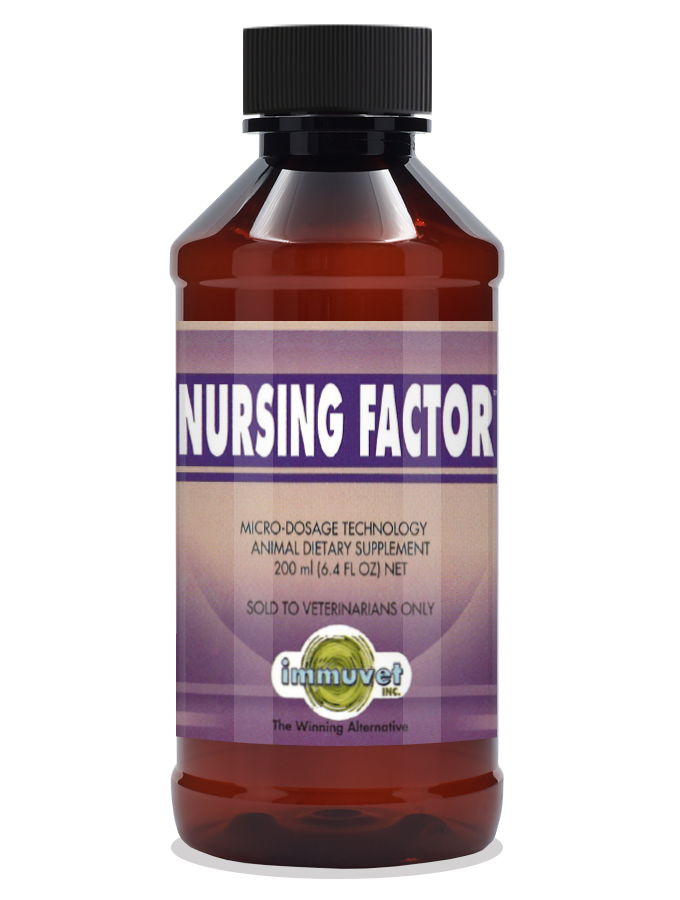How can a mare’s diet affect their foal?
Proper care of the mare during gestation and lactation determines the health of the mare, current foal, and the foal-to-be. Improving diet can aid the mare in supporting the heavy nutrient demand, hormonal changes, and immune system challenges during gestation and lactation. Nutrition for the pregnant mare is the feeding of two animals: the mare and developing foal. Over 50% of the fetus’s growth occurs during the final 100 days of the mare’s 340-day gestation period. Inadequate nutrient intake by the mare during the final third of gestation can restrict fetal development and may result in the birth of a weak foal. The mare must be in proper body condition when foaling to withstand the rigors of giving birth, initiating lactation, and, if desired, being prepared to conceive at the foal heat. A mare encountering an energy deficiency will ration its energy supplies on a priority basis to body maintenance first, lactation second, and producing a foal last.
What is the colostrum?
The colostrum is the first milk produced after foaling. It is much richer in proteins, minerals, and vitamins than later milk. The high protein content in the colostrum is the result of elevated levels of globulin and albumin. These immune bodies are transferred from the mare’s blood to the milk and ingested by the new-born foal to increase disease resistance. The mare’s health status during the later stages of gestation will determine the quality and quantity of colostrum produced. While the importance of the colostrum is well recognized, the impact of the mare’s nutrition on the colostrum’s quality and quantity is less acknowledged. The new-born foal is dependent on the mare’s milk for nutrients to grow and support their immune system. Although a lactating mare and cow are different animals, however, the nutritional and physiologic factors that affect milk production apply to both species. Milk quality and quantity are definitely impacted by the balance and quantity of nutrients consumed. The proper supplementation of minerals and vitamins is the foundation for a good lactating mare. A calcium-deficient diet for the mare can result in the nursing foal experiencing poor skeletal growth. The mare’s intake of energy and protein will determine the energy and protein content of the milk. The milk of the mare is the sole source of building blocks for the foal’s immune system. Diseases contracted by the foal may determine its health and performance as an adult. Hence, the importance of proper nutrition to the mare ensures a good start to the foal’s young life.
References
Roth, Larry. The Mare. the Foal-to-Be and the Foal. Mar Val Stables, www.marvalstables.com/happybellies/Breeding Operation.htm.
Immuvet® Products are manufactured by Amino Cell Inc.


